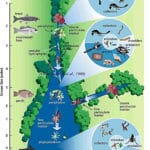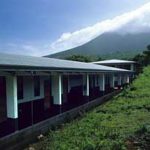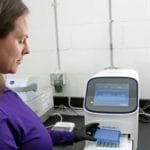Moving Freshwater Science Forward
Our efforts at Stroud™ Water Research Center require intellectual curiosity, a systematic and rigorous approach to scientific research, and the drive to answer a series of challenging questions about freshwater ecosystems. The answers to these questions may take decades to fully understand, but it is critical that we persist, as they have the power to influence others in ways that positively affect the world’s finite supply of clean fresh water.
Recent Publications
Xia, J., H. Hu, X. Gao, J. Kan, Y. Gao, and J. Li. 2024. Biology 13(7), 550.
Deep metagenomic sequencing unveils novel SAR202 lineages and their vertical adaptation in the ocean
He, C., D. Fucich, A. Sosa, H. Wang, J. Kan, J. Liu, Y. Xu, N. Jiao, M. Gonsior, and F. Chen. 2024. Communications Biology 7, 853.
To achieve the Clean Water Act’s goals, prioritize upstream ecology
Ensign, S.H., D.B. Arscott, M. Daniels, C. Dow, J.K. Jackson, D. Oviedo-Vargas, and M. Peipoch. 2024. Water Resources IMPACT 26(3): 19–21.
Freshwater Research News

Stroud Center Awarded Grant to Study Meta-Ecosystems
Scientists are using new knowledge to provide an update of the River Continuum Concept and develop a broad model of carbon cycling.
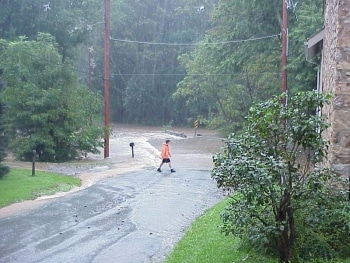
Scientists to Collect Water Quality and Climate Change Data From Hurricane Irene
Hurricane data could reveal much about how soil erosion into rivers might bury carbon and sequester it from acting as a greenhouse gas in the atmosphere.

UpStream Newsletter, Summer 2011
The difference between the organic materials that enter and leave a river system tells us how the river affects greenhouse gases.

Rivers Are Not Pipes
Third article in a series about an international team of scientists following the transformation of river-borne carbon from the sources of the Fly River in Papua New Guinea to its
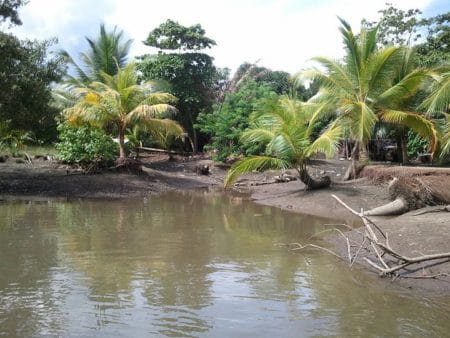
Stroud Center Awarded Grant to Study Agricultural Contaminants
Pesticides and other contaminants from agriculture pose an unknown threat to the Rio Sierpe ecosystem and to humans who eat contaminated fish and shellfish.
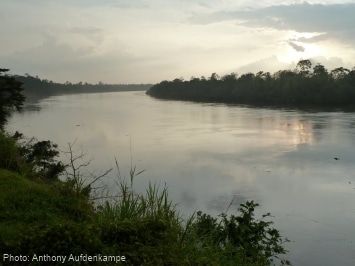
Unearthing Buried Treasure in Papua New Guinea
Second article in a series about an international team of scientists following the transformation of river-borne carbon from the sources of the Fly River in Papua New Guinea to its

